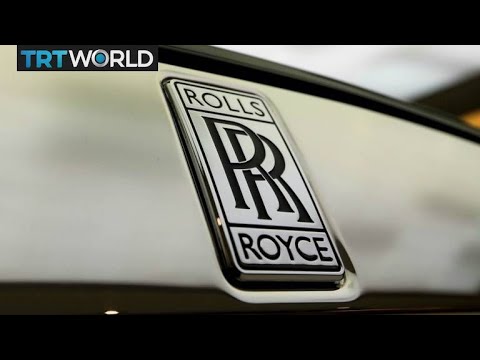
While “Back To The Future” may have been the trigger for many people’s dreams of owning a flying car, the idea has actually been floating around the minds of man since not long after cars became widely available at the beginning of the 20th century.
Designs for such vehicles began appearing as early as 1923, albeit they weren’t predicted to hit the roads until the ‘70s. Henry Ford even warned that a hybrid airplane and car was coming back in 1940. And even though we have been teased over and over again with prototypes and promises (thank you Terrafugia for repeatedly getting our hopes up), flying cars are still not a reality for consumers.
But excitement was renewed once again last year when Slovakian company AeroMobil tantalized us with their prototype car/plane hybrid, the AeroMobil 3.0, which was unveiled at the Pioneers Festival in Vienna. In their promo video, you can see the vehicle effortlessly transform from a futuristic-looking roadster into a sleek aircraft at the touch of a button, and then smoothly take to the skies from a grass runway.
At the time, AeroMobil was careful not to make any promises about when the product could reach the market, admitting that there was still a lot ahead of them. Now, just four months on, the company has perhaps set themselves up for some eye-rolling and “Yeah yeah”’s with the ambitious announcement that the vehicle could go from prototype to consumer vehicle within just two years.
Given that we have been promised similar timeframes before, people have a right to be skeptical. Matt Novak from Paleofuture, for example, has said he will “Literally eat the Sun” if it is released by 2017. But AeroMobil co-founder and CEO Juraj Vaculik is confident that it can be achieved, and spoke about the company’s progression and ambitions recently at South by Southwest 2015. He even went on to raise some more eyebrows by talking about AeroMobil’s dreams of a second model, which would be fully autonomous. Yes, a self-flying car.
According to AeroMobil, the first commercially available model will be a two-seater capable of reaching speeds of close to 100 mph (160 km/h) as a car, and 125 mph as a plane (200 km/h). It will run on gasoline rather than kerosene so it can be filled up at regular gas stations, and it’s small enough to fit into existing infrastructure and garages and thus won’t require a hangar. What’s more, it can land on short strips of grass, so additional airports won’t be required. Instead, Vaculik argues, lanes could be added on to existing highways.
But AeroMobil still has a long to-do list before their promised two years is up. They need to get hold of enough cash to start mass producing the things, although Vaculik says the company has support from the EU. There is also the issue that AeroMobil has yet to gain regulatory approval for the roadster. They also have some technical hurdles to overcome, such as keeping the vehicle light enough for takeoff but sturdy enough to meet safety requirements. If they manage to tick all these boxes, the vehicle could be yours in a couple of years, should you have a sport pilot license and a spare few hundred thousand dollars.
Via IFL Science





